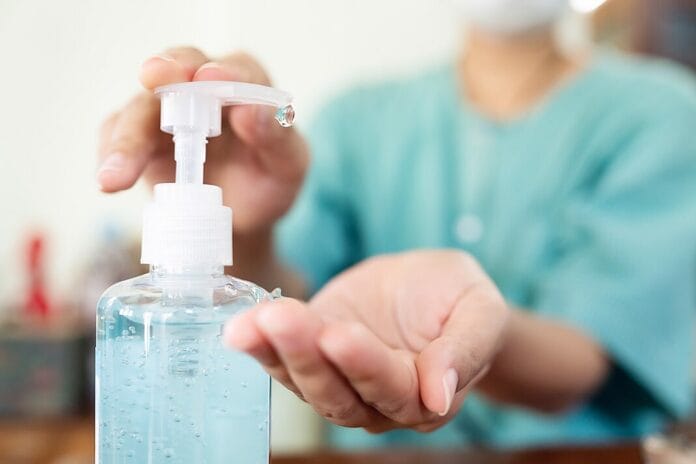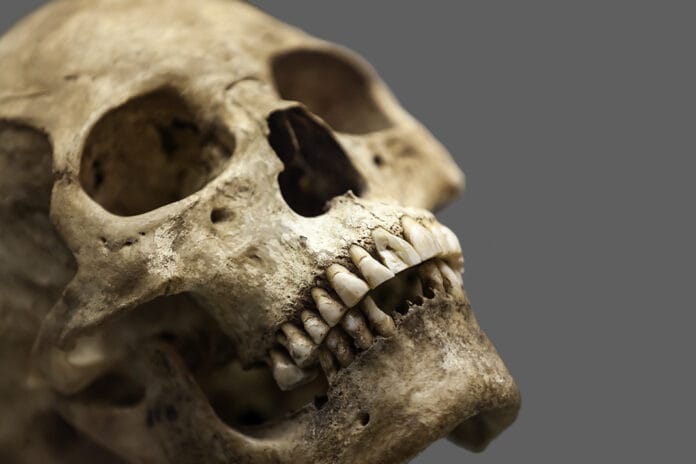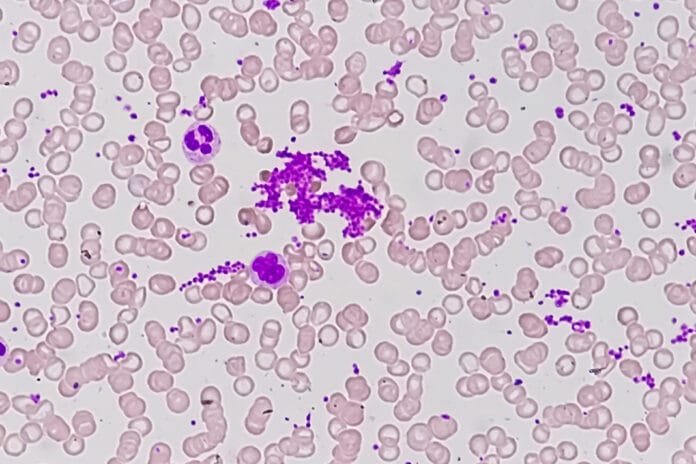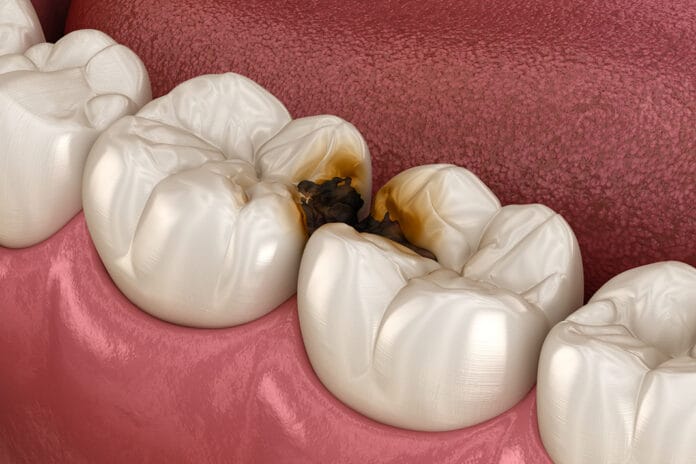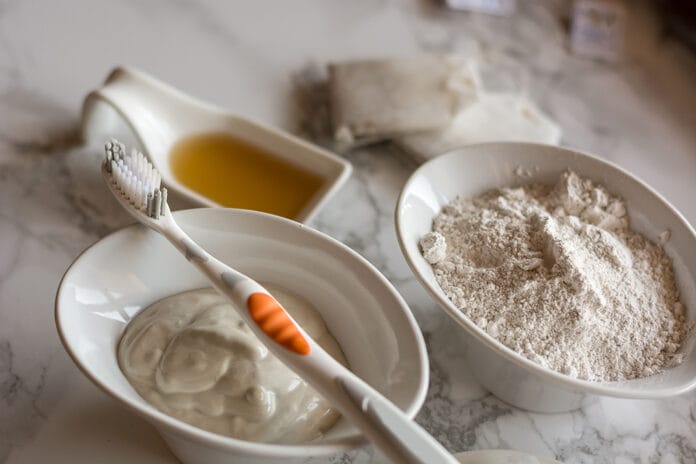Spring Hatfield, RDH, BSPH
Hand Hygiene: How Effective Are Alcohol-Based Hand Sanitizers Against Non-Enveloped Viruses?
The very first thing I learned clinically in dental hygiene school was hand hygiene. Proper handwashing was the first, and admittedly the most stressful,...
The Dangers of Consuming and Swishing Raw Milk for Dental Health
A few years ago, I wrote an article about dangerous misinformation and disinformation inspired by the book Cure Tooth Decay: Heal and Prevent Cavities...
Giving Perspective on the Recent Report on Water Fluoridation and Cognitive Impairment
The Centers for Disease Control and Prevention (CDC) has named water fluoridation one of the top 10 great public health interventions of the 20th...
Dental Patients Who Use Fentanyl: Addressing Clinician Exposure Concerns and Overdose Signs and Management
Recently, while I was perusing social media, I came across an excellent question posed in one of the dental hygiene groups. The question was...
Curiosity Killed the Plaque Ep. 26: Nano-Silver Fluoride
In this episode of Curiosity Killed the Plaque, Spring Hatfield, RDH, BSPH, discusses nano-silver fluoride.
Give it a watch, and make sure to subscribe to...
QUIZ: Test Your Oral Manifestations of Bacterial Infections Knowledge
Are you in need of CE credits? If so, check out our peer-reviewed, self-study CE courses here.
Before you leave, check out the Today's RDH self-study CE...
Researchers Look at Prophylactic Antibiotics for the Prevention of Prosthetic Joint Infections
An estimated seven million Americans are living with a prosthetic joint replacement. More women have prosthetic joint replacements than men. Interestingly, the states with...
Human Skull, Jaw, and Teeth Evolution: Looking Beyond Dietary Changes Alone
Dentistry has been abuzz with airway and tongue/lip ties, forward head posture, and the like. Some dental professionals believe this is all due to...
Curiosity Killed the Plaque Ep. 25: FDA’s Marketing Approval of E-Cigarettes
In this episode of Curiosity Killed the Plaque, Spring Hatfield, RDH, BSPH, discusses the FDA's recent approval of the marketing of four menthol-flavored e-cigarettes.
Give...
Understanding and Managing Dental Patients With Central Sensitivity Syndrome
Central sensitivity syndrome (CSS) is a term that encompasses multiple disorders, including fibromyalgia, irritable bowel syndrome, chronic headaches, temporomandibular disorder, trigeminal neuralgia, and pelvic...
A Hygienists’ Review of Obtaining Medical Clearance Before Dental Treatment
During my clinical career in dental hygiene, I had the opportunity to work in five different dental practices across three states. Some were private...
Persistent Gingival Bleeding Despite Excellent Home Care? What Dental Hygienists Should Know About Macrothrombocytopenia
As dental hygienists, we encounter bleeding and inflamed gingiva daily. Most of the time, it is due to poor oral hygiene and a lack...
QUIZ: Test Your Knowledge of Effective Health Communication
Are you in need of CE credits? If so, check out our peer-reviewed, self-study CE courses here.
Before you leave, check out the Today's RDH self-study CE...
Evidence-Based Dentistry: Caries Management Guidelines for the Dental Professional
Health care in every area should be based on evidence. For years, the medical profession has evolved to provide better guidance and protocols to...
Curiosity Killed the Plaque Ep. 24: Lead Shielding
In this episode of Curiosity Killed the Plaque, Spring Hatfield, RDH, BSPH, takes a look at lead shielding.
Give it a watch, and make sure...
FDA Investigating Unsafe Counterfeit Botox Causing Harmful Reactions
Botulinum toxin A has become very popular in dentistry, primarily used for the treatment and/or management of temporomandibular joint disorders and trigeminal neuralgia. Botulinum...
Curiosity Killed the Plaque Ep. 23: Xylitol’s Alleged Link to Cardiovascular Risks
In this episode of Curiosity Killed the Plaque, Spring Hatfield, RDH, BSPH, looks at xylitol's alleged link to cardiovascular risks.
Give it a watch, and...
FDA Approves Marketing of Four Menthol Flavored E-Cigarettes for the First Time
Many dental professionals are aware of the risks associated with the use of e-cigarettes, including periodontal disease, oral infections, and increased risk of caries...
Bentonite Clay Oral Care Products: A Healthy Choice or Hidden Danger?
As dental hygienists, we often come across various products that promise to improve oral health. One such product category is oral clays, which are...
Dental and Systemic Risks of a Gluten-Free Diet in Healthy Individuals
Gluten-free diets are often necessary to manage gluten-related disorders such as gluten intolerance and celiac disease. However, more and more individuals not affected by...

